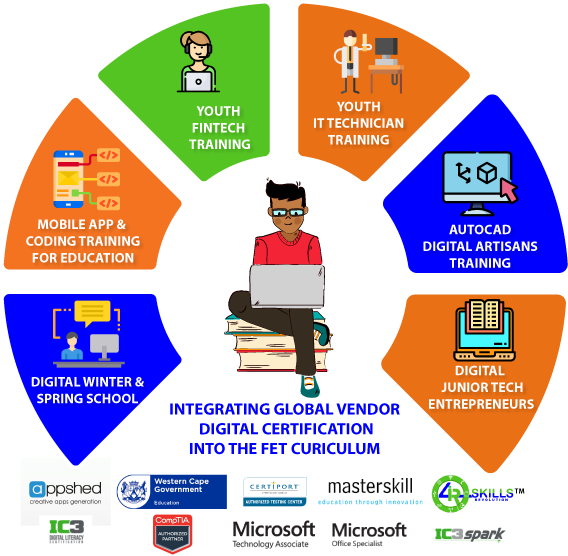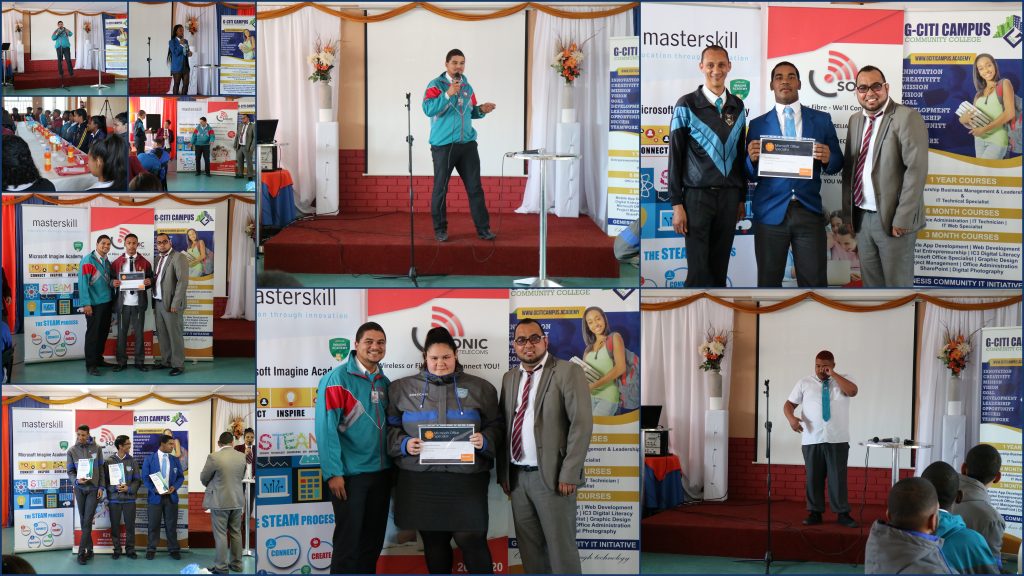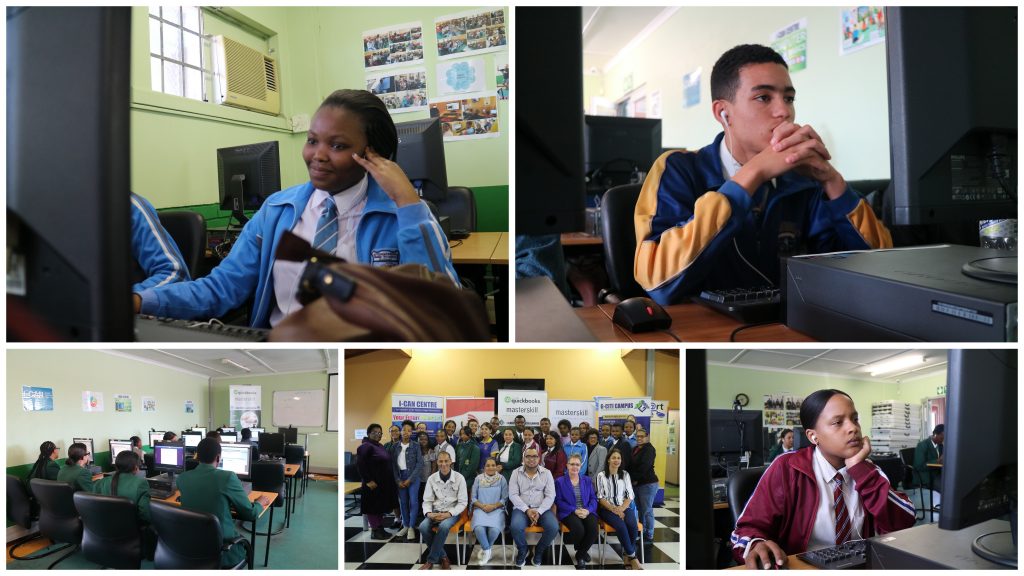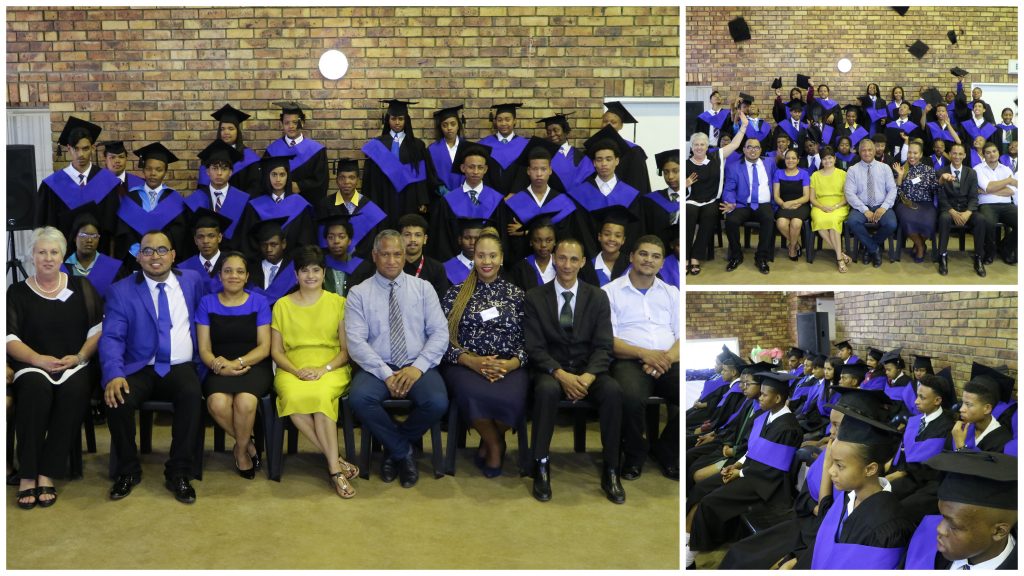
South Africa’s education system was ranked 133rd out of 142 countries in the world by the World Economic Forum in 2018. Technology is becoming ever more ubiquitous throughout society. Part of this technological infiltration has seen large-scale technology investments in education in developed nations (Organization for Economic Co-operation and Development [OECD], 2010). Technological initiatives, such as laptops for every student and internet connectivity, are being witnessed on a global scale, with the aim of enhancing educational achievement and providing students with technology skills.

However,despite significant funding and initiatives, there is little evidence to demonstrate that technology has revolutionized education as anticipated, or that it had any significant impact on students’ learning. Despite significant research in the field of educational technology, there remains a gap understanding students’ experiences with technology in their everyday lives or at school.

Despite significant government investment and increased prominence in educational curriculums worldwide, there is a lack of conclusive evidence to demonstrate that technology has had a significant impact on student learning. Despite its use in schools, research suggests that disparities in the technology practices, skills and knowledge of school students still exists. In order to effectively integrate technologies in secondary schools to benefit all students’ learning and future opportunities, there is a pressing need for evidence-based practice. Although research emphasizes the importance of integrating technology into the curriculum, the utilization of technology can only be effective if teachers themselves possess the expertise to use technology in a meaningful way in the classroom.

Integrating Global Vendor Digital Certification into the FET Curriculum
The Further Education Training (FET) Curriculum in South Africa refers to Grade 10 to 12 subject matters and career-oriented education. Subjects listed under the FET Curriculum, assist High Schools to choose subjects based on the vocational careers they wish to pursue. The FET Phase is a crucial stage, where High School students are prepared over a period of 3 years to be ready for the potential workforce that awaits them. Unfortunately, we find a conundrum, where South African unskilled youth that are unemployed, are joined each year by Matric’s (Grade 12) that completes school. Recently, the SA Minister of Education has seen the 4thIndustrial Revolution as equitable tool to resolve the education crisis with the FET Curriculum. To date, no projects has been rolled out after the speech has been made. The National Senior Certificate which is issued to Grade 12 students has come under scrutiny nationally, due to high unemployment crisis in South Africa.

Projects Implemented
Digital Winter & Spring School
Mobile App & Coding Training for Education
Youth Fintech Training
AutoCad Digital Artisans Training
Digital Junior Tech Entrepreneurs